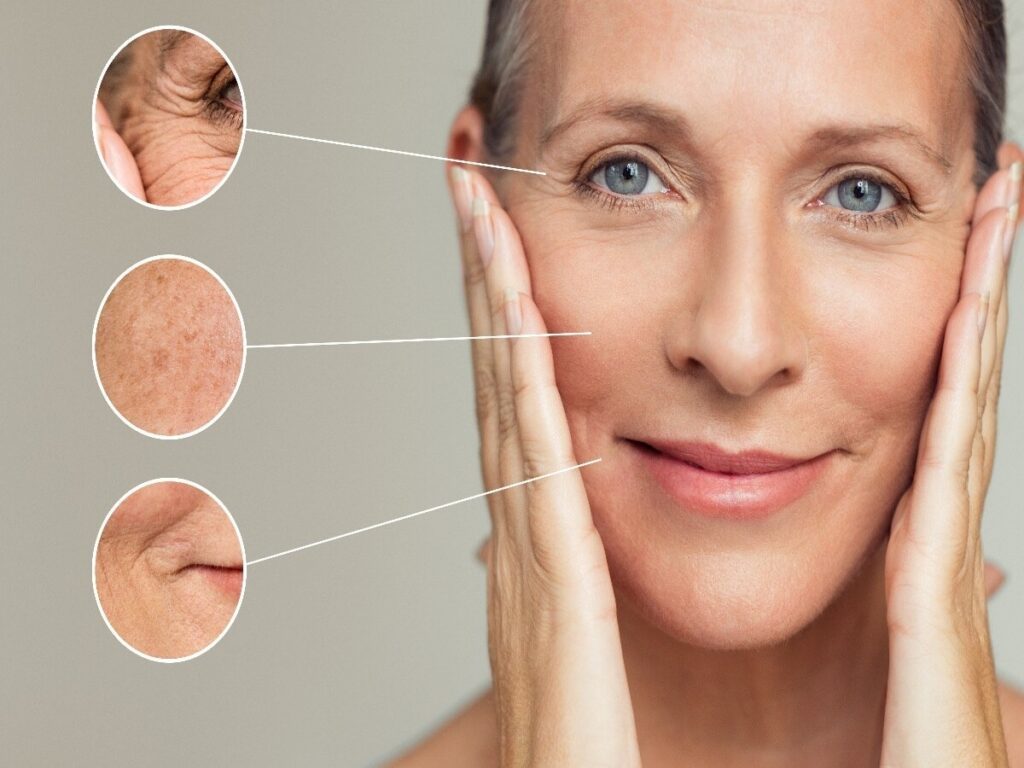As time passes, aging becomes a natural part of life. However, early onset aging, also known as premature aging, has become increasingly common due to today’s unhealthy lifestyles. This phenomenon can affect individuals both physically and mentally, leading to a variety of health issues. Understanding the signs and causes of premature aging is essential for mitigating its effects and promoting a healthier, more youthful life.
What is Premature Aging?
Premature aging refers to the appearance of age-related signs earlier than expected. While genetics play a role in how we age, external factors can expedite this process. Common contributing factors include poor diet, lack of exercise, stress, and environmental influences.
Signs of Premature Aging
Identifying the early signs of aging can help individuals take proactive measures to maintain their youthfulness. Here are some common indicators:
1. Skin Changes
| Sign | Description |
|---|---|
| Wrinkles | Fine lines on the forehead, around the eyes, and mouth may appear early. |
| Dry Skin | A lack of moisture can lead to flaky, rough skin texture. |
| Age Spots | Discolorations from sun exposure may manifest sooner than expected. |
2. Hair Changes
- Graying Hair: The early appearance of gray or white hair can signal premature aging.
- Thinning Hair: Noticeable reduction in hair thickness may occur due to lifestyle choices.
3. Energy Levels
Reduced energy and fatigue can be signs that the body is aging prematurely. Individuals may find themselves needing more rest and experiencing a decline in overall stamina.
Causes of Premature Aging
Understanding the various factors contributing to premature aging can empower individuals to make healthier lifestyle choices. Key causes include:
1. Poor Diet
A diet high in processed foods, sugars, and unhealthy fats can accelerate aging. Incorporating more fruits, vegetables, and whole grains can combat this effect.
2. Lack of Physical Activity
Regular exercise not only helps maintain a healthy weight but also boosts mood and energy levels, thereby slowing down the aging process.
3. Stress Management
Chronic stress has detrimental effects on the body, including premature aging. Techniques such as yoga, meditation, and adequate sleep can help manage stress levels.
4. Environmental Factors
Exposure to pollution, UV rays, and harmful chemicals can lead to premature aging. Protecting skin with sunscreen and leading a less toxic lifestyle can mitigate these effects.
Preventing Premature Aging
Taking proactive steps toward a healthier lifestyle can significantly reduce the chances of premature aging. Here are some actionable tips:
- Maintain a balanced diet rich in antioxidants.
- Engage in regular physical activity, aiming for at least 150 minutes per week.
- Prioritize sleep, aiming for 7-9 hours per night to support recovery and rejuvenation.
- Incorporate skincare routines that protect against environmental damage.
- Stay hydrated by drinking plenty of water throughout the day.
Conclusion
While aging is inevitable, taking steps to prevent premature aging is within our control. By recognizing the signs and understanding the causes, individuals can adopt healthier habits that promote longevity and vitality. A balanced diet, regular exercise, stress management, and environmental awareness are key components to maintaining a youthful appearance and overall well-being. Embracing these changes can result in not just looking younger, but feeling younger as well.
